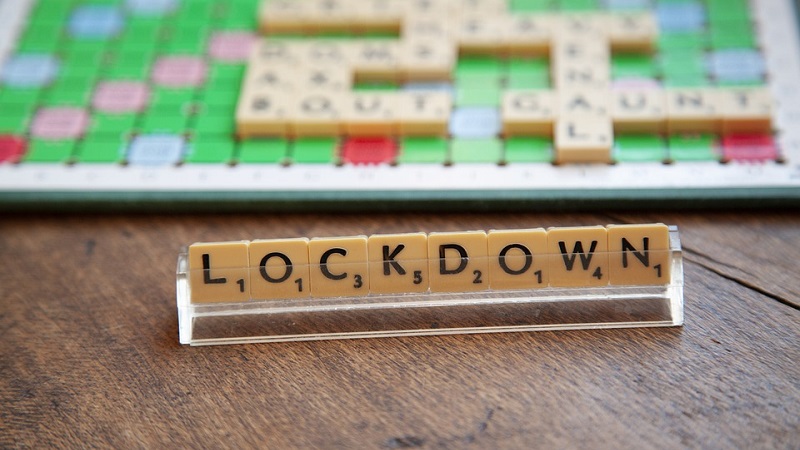Health minister Dr Zweli Mkhize has published a new directive which provides further clarity around the country’s coronavirus lockdown and how alert levels are calculated.
The alert levels determine the level of restrictions to be applied during the national state of disaster. The levels are as follows:
Alert Level 1 – indicates a low Covid-19 spread with a high health system readiness;
Alert Level 2 – indicates a moderate Covid-19 spread with a high health system readiness;
Alert Level 3 – indicates a moderate Covid-19 spread with a moderate health system readiness;
Alert Level 4 – indicates a moderate to a high Covid-19 spread with a low to moderate health system readiness;
Alert Level 5 – indicates a high Covid-19 spread with a low health system readiness.
The directive indicates that the Ministerial Advisory Committee (MAC) must advise the minister of Health regarding which alert level should be declared nationally, provincially, in a metropolitan area, or a district, when taking into account:
The epidemiological trends of Covid-19 infections;
The health system capacity in a specified area to respond to the disease burden;
Any other factor that would influence the level of infection, hospitalisation and mortality.
‘Epidemiological trends’ includes a consideration of the trends in the number of tests done, number of persons screened, number of positive cases, number of recoveries and the demographic profile of the positive cases.
‘Health system capacity’ includes a consideration of the number of facilities available to support Covid-19, bed -occupancy levels for the various levels of care, human resource capacity, equipment and related resources.
The directive also provides further clarity around the role of the MAC, its structure and the invitation of additional experts in the decision-making process.
Government is expected to review some of South Africa’s lockdown regulations when the National Coronavirus Command Council (NCCC) meets on Tuesday (11 August), with early signs pointing to a relaxation in rules.
The latest gazette would also give government room to introduce more structured alert levels at a local or district-level – something which has previously been discussed by government and is used in other countries.
On Thursday (6 August), health minister Dr Zweli Mkhize said president Ramaphosa had asked him and his team to table recommendations before the NCCC on the next best steps going forward.
“So, we will be tabling recommendations to the NCCC. At some point during the course of next week, we should be able to get further guidance from the NCCC and the president,” he said.
Testing and recovery periods
In a separate directive, Mkhize also provided clarity on the testing and recovery periods for South Africans who have tested positive for the coronavirus.
The regulations specifically provide for people who are experiencing symptoms such as fever and coughing (symptomatic) and people who have tested positive for the coronavirus with no noticeable symptoms (asymptomatic).
A symptomatic person
A person who tests positive for Covid-19 and is symptomatic with mild disease (not requiring hospitalisation for Covid-19) must be isolated for a period of at least 10 days from the date when the symptoms set in;
A person may de-isolate 10 days after the onset of symptoms, provided that the person no longer has fever and his or her other symptoms have improved;
A symptomatic person with moderate-severe disease must be isolated for 10 days after recovery when the person no longer requires supplemental oxygen and is clinically stable.
An asymptomatic person
An asymptomatic person who tests positive for Covid-19 must be isolated for 10 days from the day of his or her positive test.
Repeat testing
The directive confirms that repeat testing is not required in order for a person to de-isolate.
Source: BusinessTech






 WhatsApp us
WhatsApp us 

